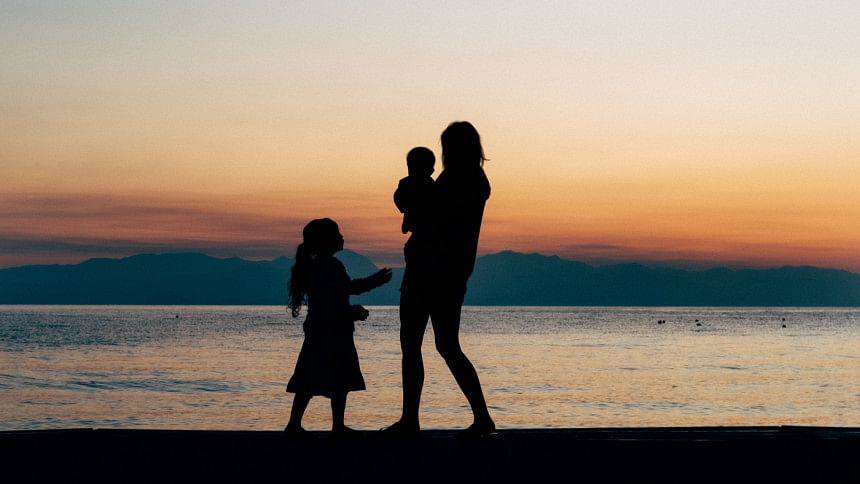Understanding the legal complexities of adopting a child

Creating a family and the joy of parenthood have been cherished desires for generations. Many young couples embark on the beautiful journey of expanding their families by having children. However, for various reasons, some families find their hearts set on adoption, a loving choice that has connected countless parents with children in need of homes. If you are considering adoption in Bangladesh, this article should guide you through 10 essential factors to keep in mind when embarking on this remarkable path of love and compassion.
Adoption is regulated by personal laws
The process of adoption is regulated by each individual's personal law. Personal law is the regulation directed by the formal religious scripts of a particular religion. There is no specific adoption law in the legislation of Bangladesh to accommodate an adoption process.
Adoption in Hinduism
Under Hindu Law, there is no difference in the inheritance regulation between an adoptive child and a biological child. Moreover, in Hinduism, adoption is well-accepted.
Under Personal Law, Muslims cannot Adopt
Muslim Law does not have provisions to accommodate the adoption of a child. However, under the Guardians and Wards Act-1890, a parent can acquire the guardianship of a child. The guardianship acquires a parent the privilege of custody, however, it is far from complete parenthood.
Christianity does not accommodate adoption
Adoption laws in Christianity and Muslim law are quite similar. Leaving Christian parents from the right to formally adopt children.
Through civil law parents in Bangladesh can apply for a child's guardianship
Under the Guardians and Wards Act-1890, a parent can acquire the guardianship of a child. The guardianship acquires a parent the privilege of custody, however, it is far from complete parenthood.
An adoptive child will not have the right to property in a Muslim or a Christian Family
In a Muslim/Christian family, an adoptive child will not have any right towards the property of the guardian. However, during the lifetime of the guardian, if a property is gifted to the child, that cannot be revoked or taken away in any manner.
Must be a Bangladeshi Citizen
The Guardian and Wards Act-1890 limits its effectiveness to the citizens of Bangladesh. Only a Bangladeshi citizen can obtain guardianship through this law. To be clearer, if a person has dual citizenship, then one of those must be Bangladesh. Otherwise, the guardians or the child will not be under the Jurisdiction of the said act.
The guardianship has to be acquired through court
Guardianship can only be rewarded through a court order. A court order is a result that comes after prolonged and difficult proceedings. A legal proceeding will require lawyers, court fees, several court dates, and more. If there are no disputes, then a few court sessions shall be enough to prove to the court that the guardian in question deserves guardianship. However, if there is a dispute, the process can become longer. Even after a decision has been made, the disputed party can appeal and may prolong the process even more. Hence, in the case of legally obtaining guardianship, one must consider the technical difficulties one may face.
In case of travelling abroad
A guardian who has custody of a child does not enjoy the rights of a parent. A guardian is merely an agent of the court who has been appointed to take care of the child. That is why a guardian cannot travel abroad with a child without acquiring an NoC from the Home Ministry.
Lack of legislation to avail adoption under Civil Law
There are no regulatory guidelines available for a family to avail of adoption regardless of their personal laws. In this era, adoption has become a regular practice around the world. With growing infertility rates and a large number of children who are living in orphanages, both these problems can be solved through a practice where these children can find a family where they are needed, taken care of and loved. Bangladesh requires civil law to regulate adoptive proceedings.
The majority of Bangladesh's population are Muslims and as adoption is not legally available for Muslims, the adoption practice in Bangladesh is not very common. The legislation requires a lot of work to fulfil the need that is growing among families and children.
The author is a legal researcher (LLB & MDS).

 For all latest news, follow The Daily Star's Google News channel.
For all latest news, follow The Daily Star's Google News channel. 








Comments